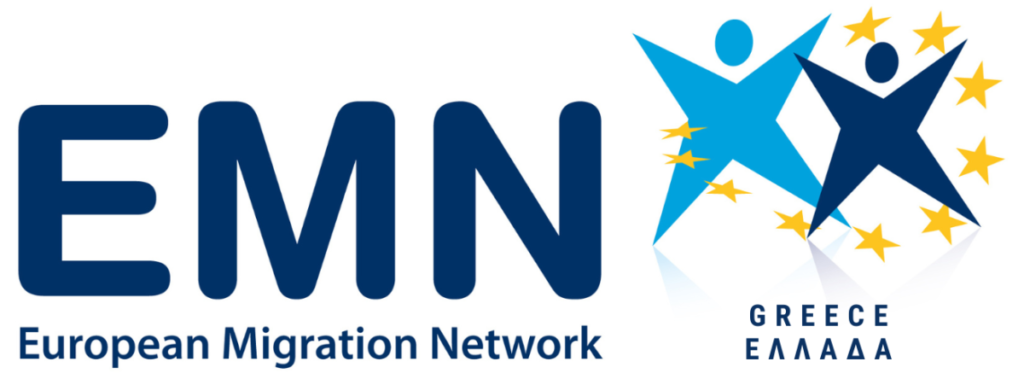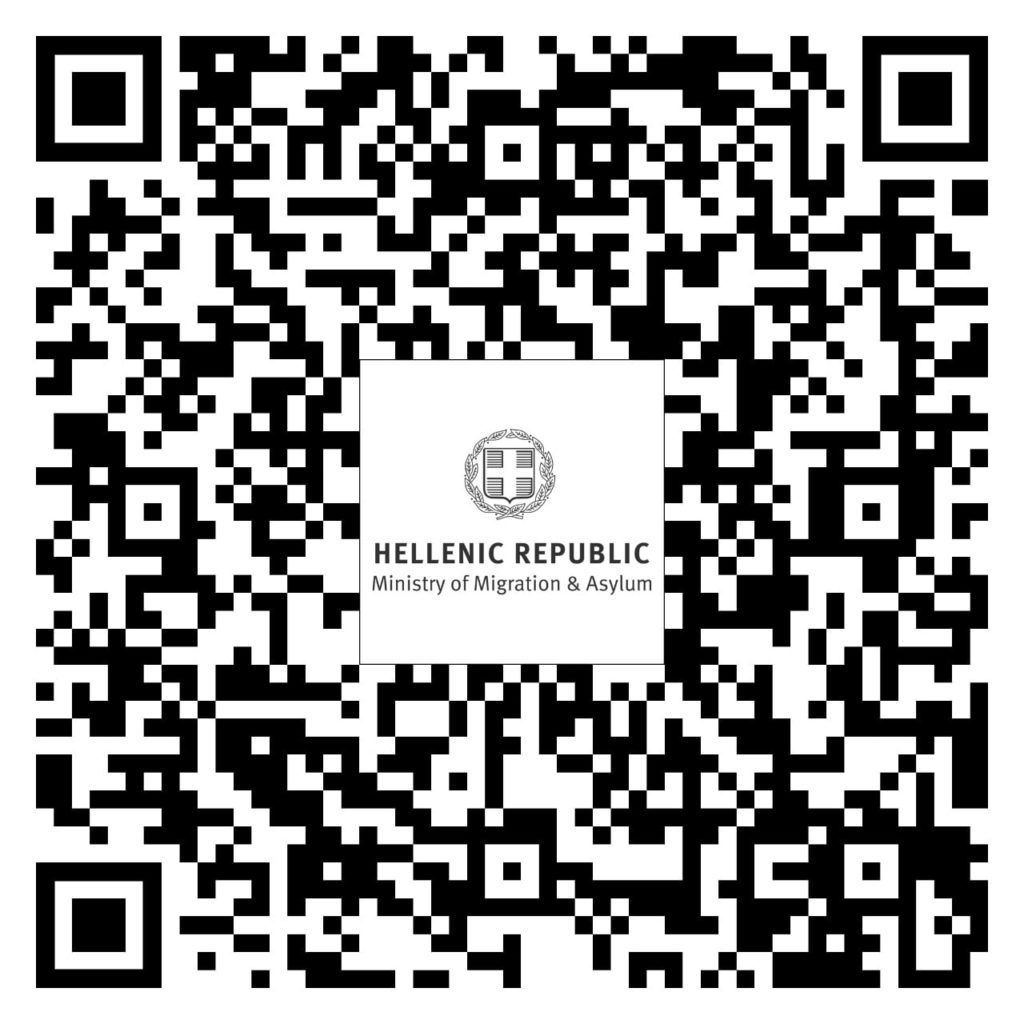
European Migration Network
EMN
What is the European Migration Network (EMN)
The European Migration Network (EMN) is an EU network of migration and asylum experts that aims to inform the EU institutions, the competent authorities of the EU Member States, as well as the general public, by providing informed, objective, reliable and comparable information on migration and asylum.
The EMN was established in 2008 (Council Decision 2008/381/EC) and amended by Regulation (EU) No 516/2014 of the European Parliament and of the Council in April 2014. The Directorate-General for Migration and Home Affairs of the European Commission coordinates the EMN.
To achieve its objectives, the EMN is supported by a “national contact point” in each Member State. The activities of the national contact points are coordinated at EU level by the Commission.
Among other things, the EMN collects and exchanges up-to-date and reliable data and information on issues related to migration and asylum, produces and publishes periodic reports on the migration and asylum situation in the EU and its Member States, creates and maintains an Internet-based information exchange system which provides access to relevant documents and publications in the area of migration and asylum, develops publicity actions to raise awareness on its work, allowing access to the information it collects and disseminating the results of its work, unless this information is of a confidential nature, while coordinating the information and cooperating with other relevant European and international bodies.
Knowledge sharing between and across the network allows EMN members to stay continuously up-to-date on topics such as the latest developments in the fields of:
- Legal migration
- International protection
- Minors and vulnerable groups
- Integration
- Citizenship and statelessness
- Borders, visa and Schengen governance
- Irregular migration and smuggling
- Return and readmission
- Trafficking in human beings
- Migration and development cooperation
Who is involved?
The EMN consists of 33 National Contact Points (NCPs), namely 26 EU Member States (except Denmark) and 7 Observer Countries (Norway, Georgia, Moldova, Ukraine, Montenegro, Armenia and Serbia) participating in the Network, the European Commission (DG Migration and Home Affairs) and the EMN Service Provider (ICF).
EMN NCPs gather regularly to coordinate with other EU level agencies and institutions such as the European Parliament, the statistical office of the European Union (Eurostat), the European Union Asylum Agency (EUAA), the Knowledge Centre on Migration and Demography (KCMD), the European Border and Coast Guard Agency (Frontex) and the Fundamental Rights Agency (FRA). The EMN also collaborates with the Organisation for Economic Co-operation and Development (OECD), the World Bank, the IOM, as well as with several NGOs, such as the International Committee of the Red Cross (ICRC), et al.
Each NCP develops and maintains a national-level migration network involving organizations and individuals active in the field of migration and asylum such as, for example, universities, research community, governmental, non-governmental and international organizations, in order to include all key stakeholders’ perspectives. The EMN is managed by the Steering Board which consists of a representative of each MS and a representative of the Commission.
EMN Steering Board
The EMN Steering Board, chaired by the European Commission and consisting of one representative from each EMN Member Country, provides strategic guidance on the EMN’s activities. EMN observers and partners may be invited to attend EMN Steering Board meetings. The Steering Board:
- contributes to the elaboration and approves the EMN annual work program, including an indicative amount for the minimum and maximum budget for each NCP, which ensures that the basic costs arising from the operation of the network are covered,
- reviews the progress made by the EMN, making recommendations for action where necessary,
- submits, at least once a year, a summary report on the state of the EMN’s current activities and on the most important findings of its studies to the European Parliament, the Council, the Commission, the Economic and Social Committee and the Committee of the Regions,
- identifies the most appropriate strategic cooperation relationships with other competent entities in the field of migration and asylum and approves, where necessary, the administrative arrangements for this cooperation,
- advises the NCPs on how to improve their actions.
Actions
The EMN actions are developed based on the annual work program approved by the Steering Board in accordance with Decision 2008/381/EC and are as follows:
- Program management and coordination of EMN activities and actions: participation in Steering Board and NCP working meetings.
- Production of Reports, Studies, Ad-Hoc Queries and other publications: The NCPs submit annual reports that describe the policy developments in migration and asylum in their countries, as well as statistical reports.
- Participation in EMN expert and working groups.
- Networking and cooperation with other NCPs for the exchange of best practices and experiences in the migration and asylum field, establishing of a national-level migration network by agencies and organizations active in the field, cooperation with other EU organizations relevant to the field.
- Collection and Provision of Information: Collection of data, sources of information, legislation & case-law decisions on migration and asylum issues.
- Glossary enhances understanding and promotes the common use of terms and definitions related to asylum and migration. Terms are available in all MS languages.
- Communication strategy/Dissemination: Taking actions aimed at the greatest possible visibility of the EMN and its goals in each MS, such as the circulation of printed and electronic information material, as well as the organization of conferences to disseminate the results of the Network.
How is the EMN funded?
The EMN is funded by the European Commission through the Migration and Integration Fund (AMIF). Budget is allocated to support EMN NCPs in EU Member States who are co-financed from national funds. EMN NCPs located in non -EU countries sponsor EMN activities from their own national budget.
For more details about the EMN, please read the EMN leaflet or visit the main EMN website hosted by the European Commission’s Directorate-General for Migration and Home Affairs

